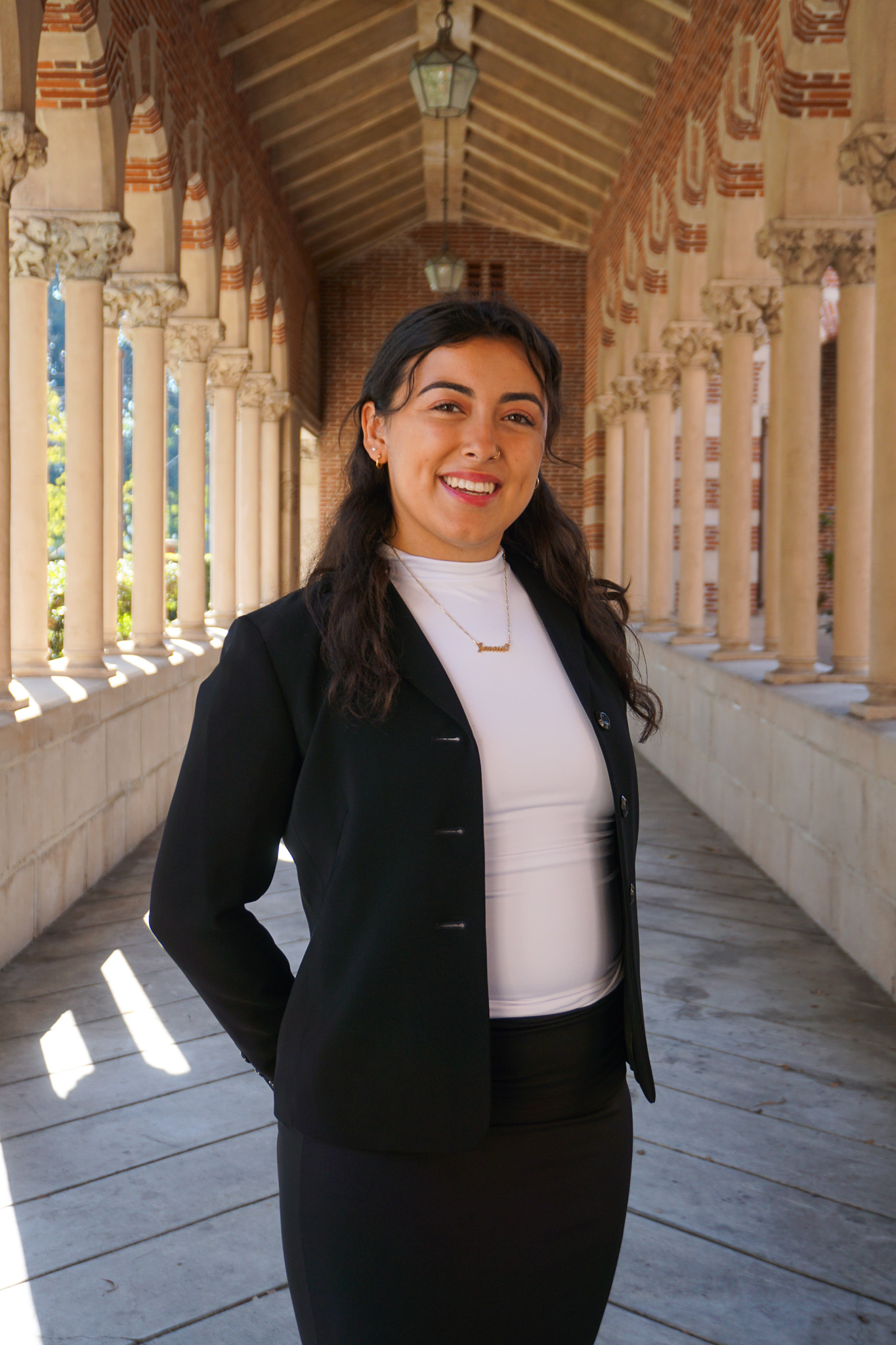From the Editor

Dear VCE readers,
As engineers, we are rather comfortable with shattering notions of possibility. Thus, a natural part of our job is dealing with their unexpected consequences. In spite of our best intentions and the most meticulous planning, we can never fully understand how certain aspects of our work will impact the world until they have been put out there. We should always look to smooth out any harms as early as possible, but some things only become clear in hindsight. That means that innovating is only half of an engineer’s job; the other half is all reflection. We must always ask ourselves if our work is as safe, efficient, and reliable as possible. If it falls short in any way, we are bound to remedy it to the best of our ability. This is the aspect of engineering that VCE deals with. The following papers all aim to resolve such shortcomings in our discipline.
First, Mo Jiang takes us into the cloud where he explores the nuances of cloud computing. While cloud technology has completely transformed data storage by eliminating physical limitations and extending access to all those with the internet, it also presents ethical shortcomings. Namely, current cloud practices raise concerns over privacy, environmental well-being, and equitable access. Jiang maintains that these dilemmas must be resolved in order to solidify cloud computing’s ethical future.
Rooted in the concrete jungles of New York, Greta Hoffmeister raises awareness about the proposed demolition of the Elizabeth Street Garden. Although a beloved pillar of the community, city officials are looking to replace the garden with an affordable housing complex. However, the environmental and psychological impacts of ESG’s demolition make it unethical. The unique case study presented by Hoffmeister pushes engineers to handle their work in a personal way–reminding us of how important it is to connect with the communities our work impacts.
Starr Hinton exposes the unethicality of crunch in the game industry. The long, grueling, and often unpaid overtime affiliated with crunch isn’t as efficient as most employers believe. Contrary to popular belief, crunch results in lower quality games and an unsuitable working environment, and it adversely impacts the physical and mental health of game developers. To create ethical work practices, crunch must be eradicated, or overtime must be compensated to ensure employees are justly compensated for all of their work.
Lastly, Camdyn Munger delves into a topic that resonates with each of these papers and with most engineers as individuals: safety perfection. According to Munger, this refers to the high societal standards that engineers are expected to maintain, lest they jeopardize the public’s trust. He walks us through a case study from the aviation industry to examine the importance of safety metrics in engineering, stating that, “The task of making imperfect things perfect is a burden that only we engineers can carry.”
Each of these papers hopes to push the field of engineering as close to perfection as possible. Through them, we see that perfection isn’t limited to our innovations, but to the ethical ideas and practices behind them. To master our craft we must recognize the potential good and evil of our inventions, always reshaping them in a manner that protects public well-being above all else. There will always be bumps in the road to overcome, mistakes waiting to be made. Even so, as engineers we must handle them with integrity and resilience. We must always push ourselves to be better so that we have a solid moral foundation at the forefront of our cutting-edge work, a solid moral foundation much like the ones embedded in this latest issue. It is our honor to present VCE Volume 8 Issue 2!
Janessi Diaz, VCE Editor-in-Chief




